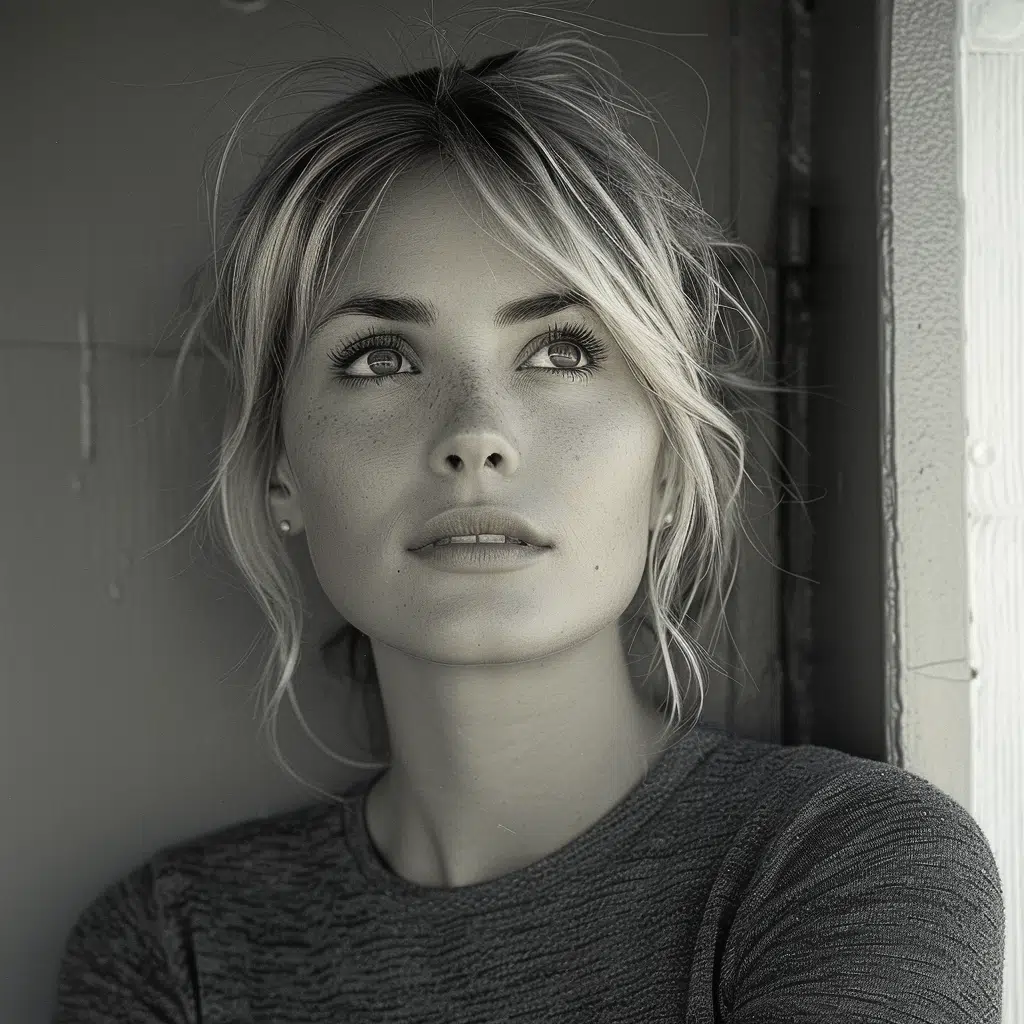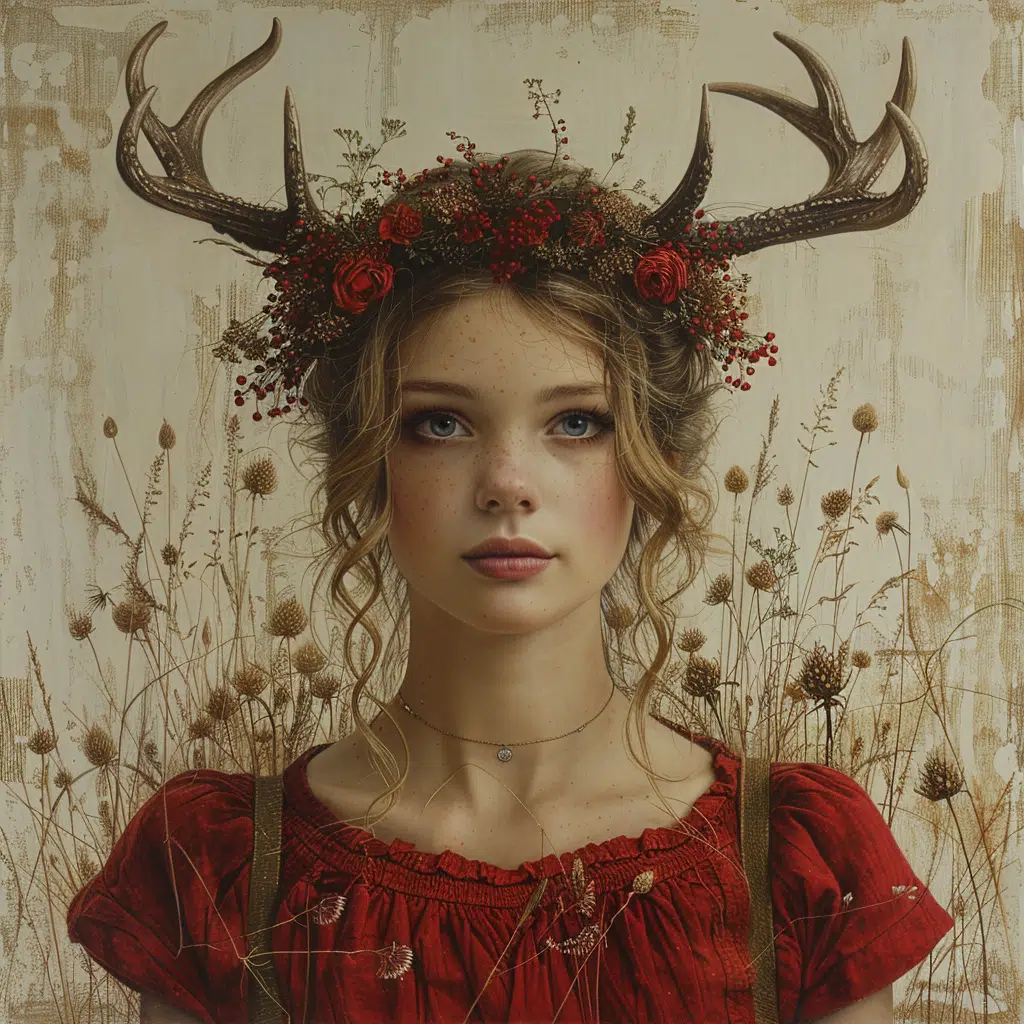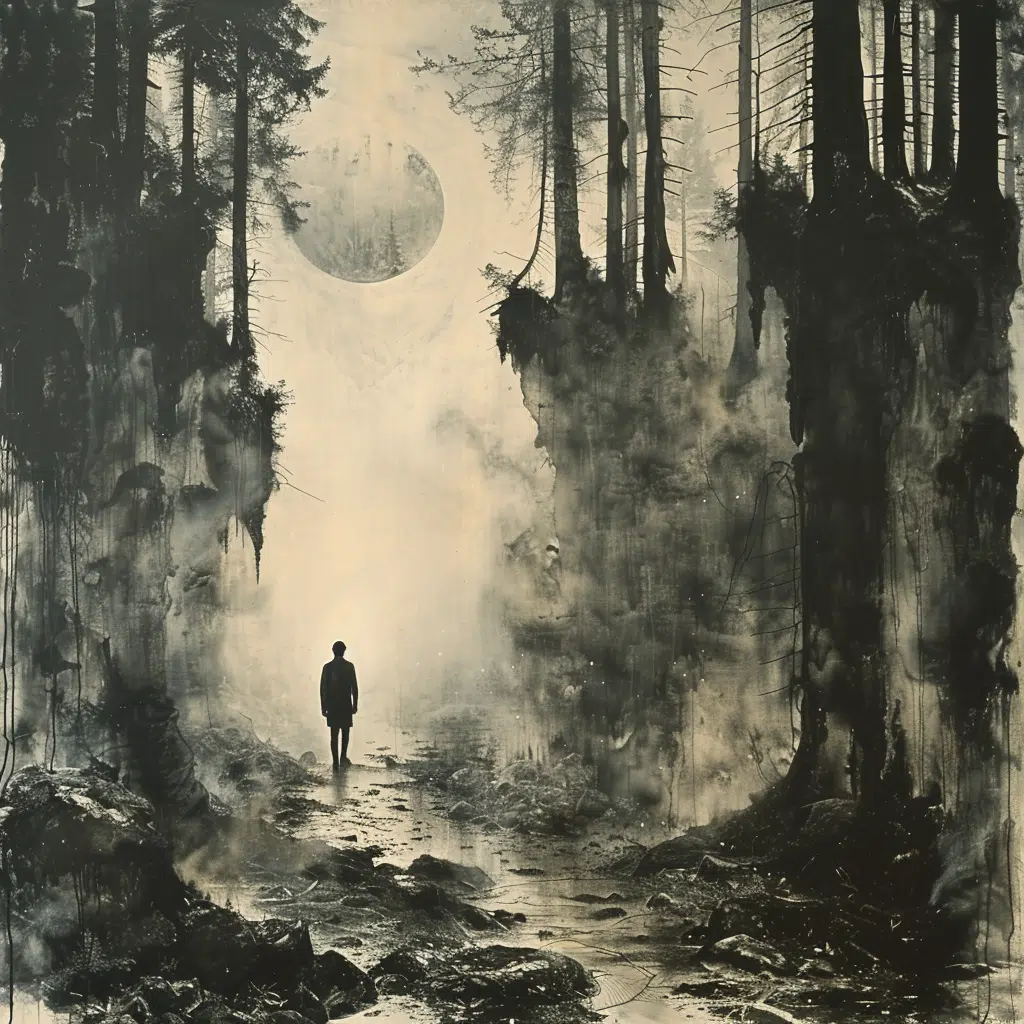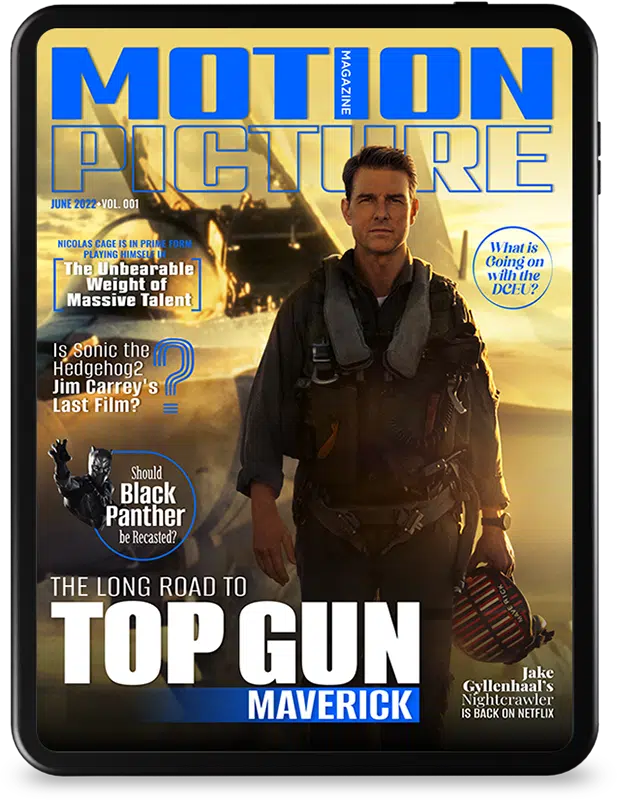In the theater of cinema, there comes a time when the stage falls dark on a beloved actor, sending waves of speculation across the eager rows of an audience left clinging to memories of performances past. One such enigma, wrapped in the cloak of Hollywood mystique, is the talented Everett McGill. He entered the twilight of obscurity like a phantom, fading into the deserts of Arizona instead of the glittering city lights. Much like Ulysses Everett McGill, the adventurous character portrayed by George Clooney in “O Brother, Where Art Thou?” our McGill embarked on his own odyssey. His journey led him away from the limelight, only to re-emerge, as if stepping through the silver screen once again, in the surreal reboot of “Twin Peaks” (2017). Fans and critics alike now find themselves standing at the precipice of revelation, eager to unfurl the untold narrative of Everett McGill’s secret sabbatical and his crowning return.
Everett McGill’s Enigmatic Pause from Acting
In the late-90s, Tinseltown lost one of its enigmatic figures—Everett McGill, whose towering frame and intense gaze had become a hallmark of both big screen epics and small screen sagas. There was nothing half-hearted about McGill; whether he was the contemplative hunter in “Dune” or the earnest Big Ed Hurley in “Twin Peaks,” he imbued every role with an authenticity that seemed to bleed beyond the frame.
Then, like a comet tailing off into the night, McGill vanished. The buzz among the sets, once alive with his presence, simmered to a hush.
Yet amidst the speculation, the truth, it seemed, was dressed in simplicity. McGill had chosen a life modest in spectacle but rich in peace, saying a temporary farewell to a career that demanded the mask of visibility for the honest face of privacy. There was a veneer of vulnerability in the werewolf suit he donned, playing Reverend Lester Lowe in “Silver Bullet,” a metaphorical parallel to the dual role he played in life, between public fascination and personal seclusion.
Austin Pendleton Reflects on McGill’s Influence
Austin Pendleton, a venerated member of the acting guild and a contemporary of McGill, reflects upon the void left behind, painting a portrait of a man whose very essence seemed entwined with the art of performance. Pendleton’s words, tinged with the warmth of comradeship, evoke images of an artist whose influence flowed as effortlessly offstage as it did on.
Like missing beats in a symphony, McGill’s absence was felt in the echoes of characters that seemed tailored for his return—a hidden depth lost in the industry’s pulse.
| Category | Information |
|---|---|
| Full Name | Everett McGill |
| Birth Date | October 21, 1945 |
| Early Career | Began with minor roles in theater and television in the late ’70s. |
| Breakthrough Role | Played the character “Stilgar” in David Lynch’s “Dune” (1984). |
| Notable Film | “Silver Bullet” (1985) as Reverend Lester Lowe/werewolf. |
| “O Brother, Where Art Thou?” Connection | The main character shares his name but is unrelated; played by George Clooney. |
| TV Notoriety | Known for “Twin Peaks” as Big Ed Hurley in both original (1990–1991) and reboot (2017). |
| Long Hiatus | Took a break from acting post-early 2000s and moved to Arizona. |
| Return to Acting | Reprised role in “Twin Peaks” (2017). |
| Other Popular Misconception | No relation to actor Bruce McGill, although widely believed to be. |
| Character Portrayal | Known for dual role in “Silver Bullet,” playing both human and werewolf. |
Christoph Sanders: McGill’s Legacy in Modern Cinema
Christoph Sanders, a rising star carving out his own niche, speaks of Everett McGill as if probing the legacy of an old master. Even during those twilight years, McGill’s craft whispered through the halls of artistry, his performances continuing to haunt and inspire.
Christoph Sanders’ respect is a testament to the enduring relevance of McGill’s contribution to acting—an invisible thread weaving through the next generation’s aspirations.
The Quiet Years: Christopher Castile and the Quest for Privacy
Parallel lives exist on the outskirts of fame. In a poignant twist of fate, Christopher Castile’s decision to step behind academia’s lectern echoes McGill’s search for tranquility. Castile’s story, a mosaic of youthful exuberance and sudden retreat from the strobes of stardom, becomes a mirror reflecting the sacrifices that accompany public life.
In understanding the allure of a quieter world, we begin to fathom the wisdom in McGill’s silence.
Claire van der Boom: The Art of Selective Roles and Comebacks
Meanwhile, Claire van der Boom, the siren of the screen known for her selective choices, unveils the strategic mastery behind a well-crafted return. A kindred spirit to Everett McGill, her career is a dance of shadow and spotlight, each movement deliberate, enigmatic.
There’s a cadence to their shared journey—McGill returning not with a bang but a smoldering ember, stoking the fires of intrigue and reverence through his measured re-emergence.
Joey Zimmerman: Child Stars and the Price of Early Fame
Joey Zimmerman knows all too well the cost of early fame—the tightrope walk of growing up in the public eye. A former child star, Zimmerman’s experiences resonate with the pressures that may have shaped McGill’s own need for seclusion.
Their paths, divergent in incipience, converge in the understanding that sometimes stepping back is the only way to move forward.
Terry Kiser’s Resurgence: A Parallel to McGill’s Return
Terry Kiser, immortalized as the hilariously inert Bernie, found himself navigating an uncannily similar path to McGill’s. Both actors, having tasted the peculiar brew of fame, chose intervals of absence before resurfacing with a vigor renewed.
Analyzing Kiser’s renaissance offers a glimpse into the alchemy behind McGill’s own rekindling of stardom, two stories parallel yet singular in their essence.
Tinatin Dalakishvili: International Insights on Hiatus and Return
From beyond Hollywood’s gleaming pantheon, Tinatin Dalakishvili speaks to the shared rhythm of hiatus and return. Her perspective as a Georgian actress enriches the fabric of our understanding, threading through the global narrative of an actor’s passage through the ebb and flow of creativity.
Through her insights, we begin to see McGill’s journey not as an outlier but as a universal touchstone within the acting community.
Analysis of Everett McGill’s Career Resurgence
Probing the vein of Everett McGill’s career resurgence, we are drawn to the roles chosen with the precision of an artist selecting his palette. His renaissance is articulated in the mysterious aura of Twin Peaks (2017), where he reappears as Big Ed Hurley, a character both familiar and altered by time’s passage.
Through McGill’s artistic recalibration, we witness not just an actor’s return but a nuanced commentary on the evolution of cinema itself.
Conclusion: The Enigmatic Path of Everett McGill
Everett McGill’s footprints in the sands of Hollywood have filled and refilled with the tides of an industry in relentless motion. From the commanding heights of his performances to the valleys of his absence, and now, standing atop the summit of his presence renewed, his career resembles less a linear story and more a landscape—a narrative textured by intricate contours of sacrifice, reflection, and rebirth.
His secret sabbatical is no longer a question mark but a hallowed ellipsis—his return, a flourish on a canvas of continuity and change. McGill’s story threads through our own journey, a tale not just of an actor but of the human condition—striving, stepping back, and soaring anew.
In the final analysis, Everett McGill stands as an emblem of the enigmatic path that weaves through the constellations of Hollywood, a beacon to the stars following in his footsteps and to the voyeurs of film captivated by the unfolding drama. He remains, in essence, a master of the craft, a guardian of privacy, and a phoenix of the screen—a captivating enigma in the annals of cinema’s grand lore.
The Enigmatic Everett McGill: The Secret Hiatus and Return Unraveled
Everett McGill has been a powerhouse on screen, with his intense gaze and formidable presence. But fans were left scratching their heads when he took a sudden, secret hiatus, only to return as enigmatically as he vanished. Buckle up as we dive into some delightful trivia and intriguing facts about this iconic actor.
A Hidden Talent Uncovered
You might know Everett McGill as the rugged actor who could wear a black trench coat like it was tailored just for the dark and mysterious roles he often plays. But did you know he once explored a career that totally contrasts with his tough-guy image? That’s right! Before lighting up the big screen, McGill flexed his artistic muscles—brace yourselves—in the realm of Escada. I mean, who would’ve thought our favorite brooding hero had an eye for haute couture? It’s as unexpected as finding a honey blonde hair in a sea of brunettes.
The Hiatus Heard ‘Round the World
So, about that hiatus. Turns out, after McGill left the glitz of Hollywood, he went as incognito as someone donning a beanie hat in a Miami summer. What was he up to? Well, that’s been the subject of many a Hollywood whisper. But like a perfectly executed magic trick, McGill made his return, and fans couldn’t be happier than toddlers spotting Paw Patrol sky at a birthday party.
A Return To Be Reckoned With
Everett McGill’s return to the screen was as dramatic as the roles he’s known for. It was no casual stroll back into the limelight; he emerged with the same intensity he’s revered for. It was like witnessing the comeback of a beloved title company—trusted, reliable, and leaving you feeling that all’s right in the world again.
A Documentary Gem
Guess what? Even McGill’s hiatus managed to inspire. In a plot twist you didn’t see coming, his time away from the spotlight became a talking point in a gypsy rose documentary. Who’d have thunk it? His life off-screen became as fascinating to fans as his on-screen endeavors.
McGill’s Magnetism
Let’s face it: Everett McGill’s got that je ne sais quoi. You know, that thing that makes you wanna keep watching, be it as an upstanding sheriff or a villain cloaked in a black trench coat.( He’s undeniably magnetic, sort of like when you’re flipping through channels and get absolutely hooked on a gypsy rose documentary—completely unexpected, completely engrossing.
So there you have it, folks—a sneak peek into the enigmatic world of Everett McGill. His secret hiatus might have been a head-scratcher, but his return? Oh, it was like the encore you never saw coming but realized you’d been waiting for all along. Keep your eyes peeled for this legend of the screen; like a brilliant diamond in the rough, he’s sure to keep shining, captivating, and surprising us.
What happened to Everett McGill?
– Well, hold on to your hat because Everett McGill’s journey is more of a rollercoaster than a calm river. Get this – the guy who won our hearts as the dapper Ulysses Everett McGill in “O Brother, Where Art Thou?” – yeah, that role was a George Clooney gig – decided to press pause on his acting career, take a breather, and hightailed it to Arizona. But don’t you worry, he wasn’t just twiddling his thumbs; he made a comeback in the mesmerizing world of “Twin Peaks” in 2017, rebooting his role that oozed charisma in the original series.
Are Bruce McGill and Everett McGill related?
– Nope, it’s a big fat nope on that one – Bruce McGill and Everett McGill aren’t branches from the same tree, despite the rumor mill working overtime. They just share a last name—talk about a coincidence!
Who plays the gas station guy in Twin Peaks?
– Oh, that’s an easy one – it’s our very own Everett McGill who lights up the screen as Big Ed Hurley, the gas station owner with that memorable hair. He’s the guy with a heart as big as his toolbox in “Twin Peaks,” and, boy, does he deliver.
Who played the priest in silver bullet?
– Alright, for all you horror flick aficionados out there, let’s hark back to those spine-chilling moments in “Silver Bullet.” It was Everett McGill under the collar playing Reverend Lester Lowe, and hold your horses – he didn’t just stop there. The man was practically a one-man show, doubling up as the town’s nightmare werewolf. Acting chops and howling at the moon? That’s what I call a dual threat.
Does Bruce Mcgill have a sister?
– Now, about Bruce McGill, that’s like asking if the moon’s made of cheese – just ain’t true. As far as the world knows, our man McGill doesn’t have a sister lighting up the big screen or singing backup. He’s flying solo on the family fame front.
Was Bruce McGill ever in the military?
– Marching down memory lane, we’ve all heard a rumor or two about Bruce McGill. But was he polishing his boots in the military? Nope, that’s a script he never got. The closest he’s been to a drill sergeant is probably on set or at a costume party, but hey, he’d probably rock that uniform.
What part did Bruce McGill play in Animal House?
– Gather ’round the bonfire, kiddos – because Bruce McGill was that wild and crazy Delta brother, D-Day, in “Animal House.” You know, the one with the handlebar mustache and a talent for trouble? Yeah, that was our Bruce stealing every scene like a bandit.
How did Bruce McGill get his role on MacGyver?
– If only we had a behind-the-scenes look, right? The story goes, Bruce McGill brought the house down with his larger-than-life personality and those chops honed from his “Animal House” days. One thing led to another, and bam! He was cracking codes and saving the day on “MacGyver.” Guess sometimes you just gotta be at the right place with the right mustache.
Why did they cancel Twin Peaks?
– Now, why in the world would they cancel “Twin Peaks”? It keeps us all up at night. But word on the street is, the ratings dropped like a rock in a mysterious lake and boom – that’s all she wrote. Sometimes the curtain drops on the best of shows, leaving us wanting more.
Why didn’t Sheriff Truman return to Twin Peaks?
– Oof, the case of the missing Sheriff Truman in “Twin Peaks” had everyone tilting their heads. Turns out, Michael Ontkean, the original actor, hung his hat and didn’t jump back into those lawman boots. Rumor has it, he was pretty cozy with retirement, so the badge was passed on. Farewell, big guy!
Why didn t Donna come back for Fire Walk With Me?
– What’s the scoop on Donna not showing up for the “Fire Walk With Me” dance? It’s hush-hush, but Lara Flynn Boyle, who played the OG Donna, was a no-show for the prequel movie. The streets are talking, maybe it was scheduling conflicts or a script squabble – who knows? But one thing’s for sure, the Donna we knew had left the building.
What town was silver bullet filmed in?
– So you wanna know where those “Silver Bullet” wheels spun? Well, it wasn’t in some backlot in Hollywood; no sir, they brought that nightmare to life in the quaint towns of North Carolina. They planted that horror seed right into the small-town soil, and what sprouted was pure, cinematic scare-the-pants-off-you gold.
What is silver bullet slang for?
– Alright, hold your horses – “silver bullet” ain’t just your grandma’s knitting term. It’s slang for that one-shot, surefire solution to a hairy problem – like finding the TV remote in time for the big game. But in “Silver Bullet,” it was a tad more life-and-death, served with a dose of werewolf nightmares.
Is the silver bullet real military?
– Ah, the elusive silver bullet in a military sense – it’s like a ghost story shared around the campfire. Some folks might whisper it’s a secret project or some high-tech hardware, but the brass keeps their cards close to the chest. So until they parade it out in the broad daylight, we keep our eyes peeled and ears to the ground.




























